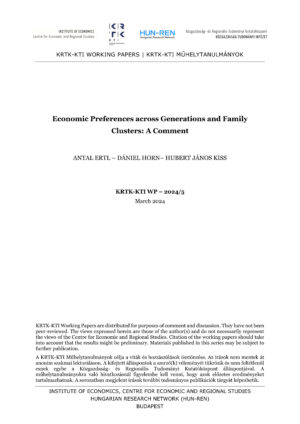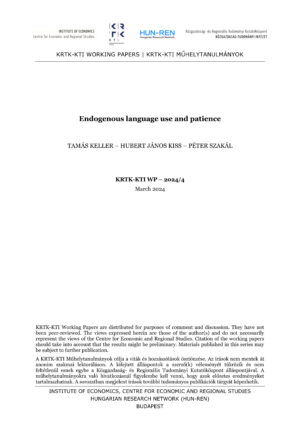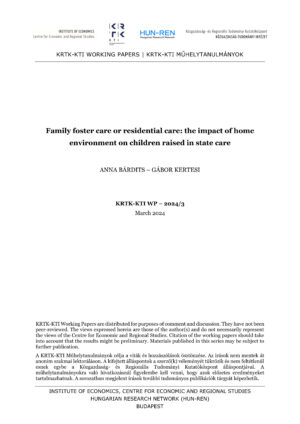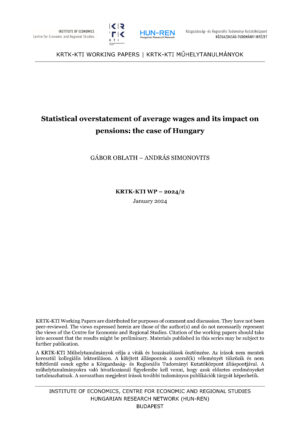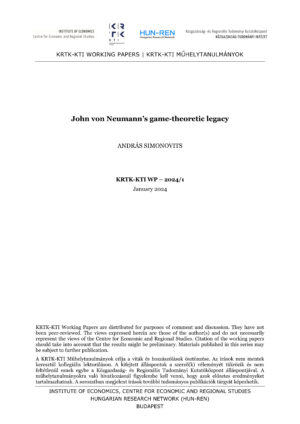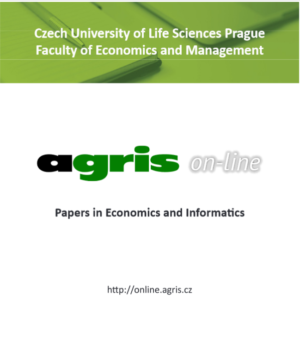Chowdhury, Sutter and Zimmermann (2022) assessed the risk, time, and social preferences of family members in rural Bangladesh, presenting two main findings. First, there is a strong and positive association between family members’ preferences, even when controlling for personality traits and family background. Second, families can be grouped into two clusters: approximately 20% of the families are characterized by relatively impatient, risk-averse, and spiteful members, while the rest of the families have relatively patient, risk-tolerant, and prosocial members. Recognizing the pivotal role of cluster analysis in deriving the second result, we first successfully computationally reproduced the results, and then we conducted two types of robustness checks. The first examines the transformation of variables (continuous or categorical), affecting the proximity measure that is crucial to cluster analysis. The second assesses the effect of varying the number of clusters on the findings. Some results are robust, as we consistently find the small cluster of families identified by Chowdhury et al. (2022). However, divergent outcomes emerge with categorical variables (a logical choice given their nature) and a larger number of clusters (3 or 4). We conclude that, although the cluster analysis by Chowdhury et al. (2022) is valid, its outcomes significantly depend on the researcher’s assumptions and choices. Careful consideration of several alternatives is essential in exploratory cluster analysis to identify stable groups.
